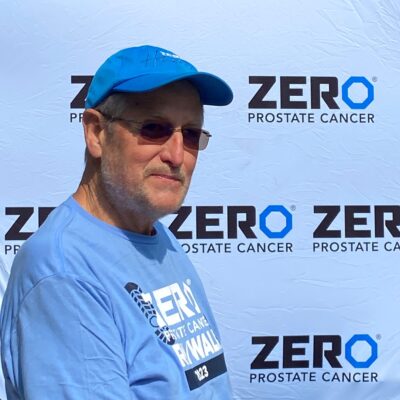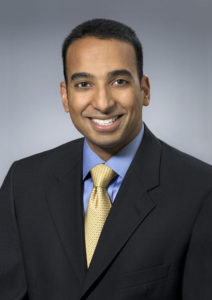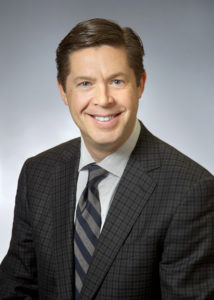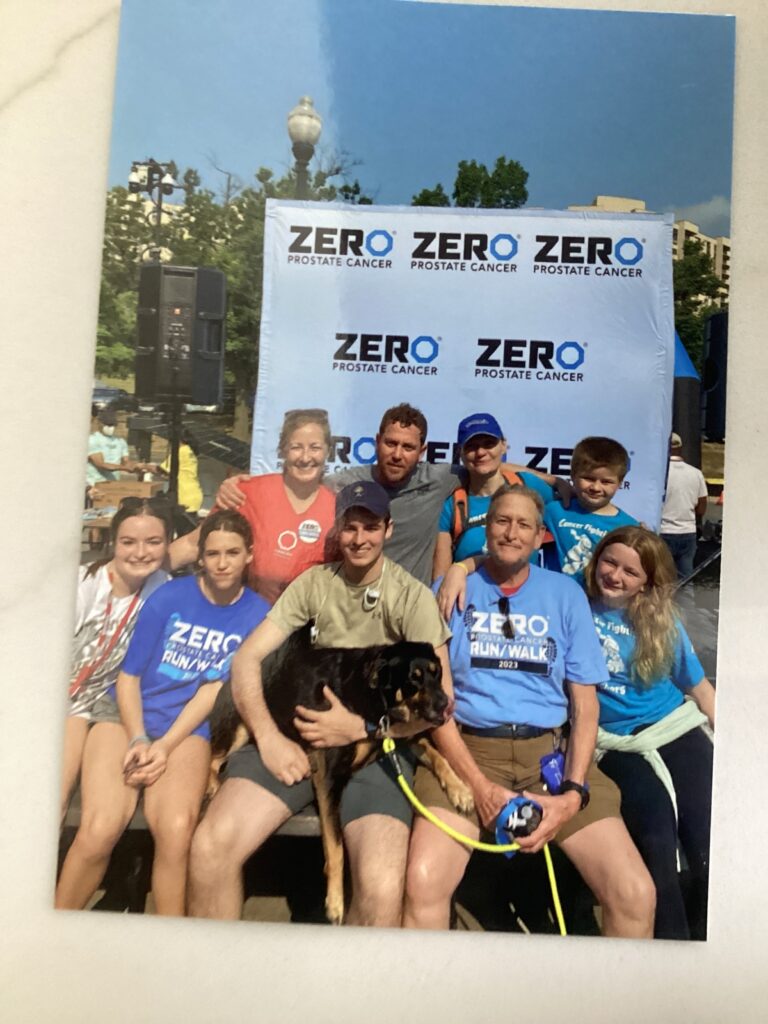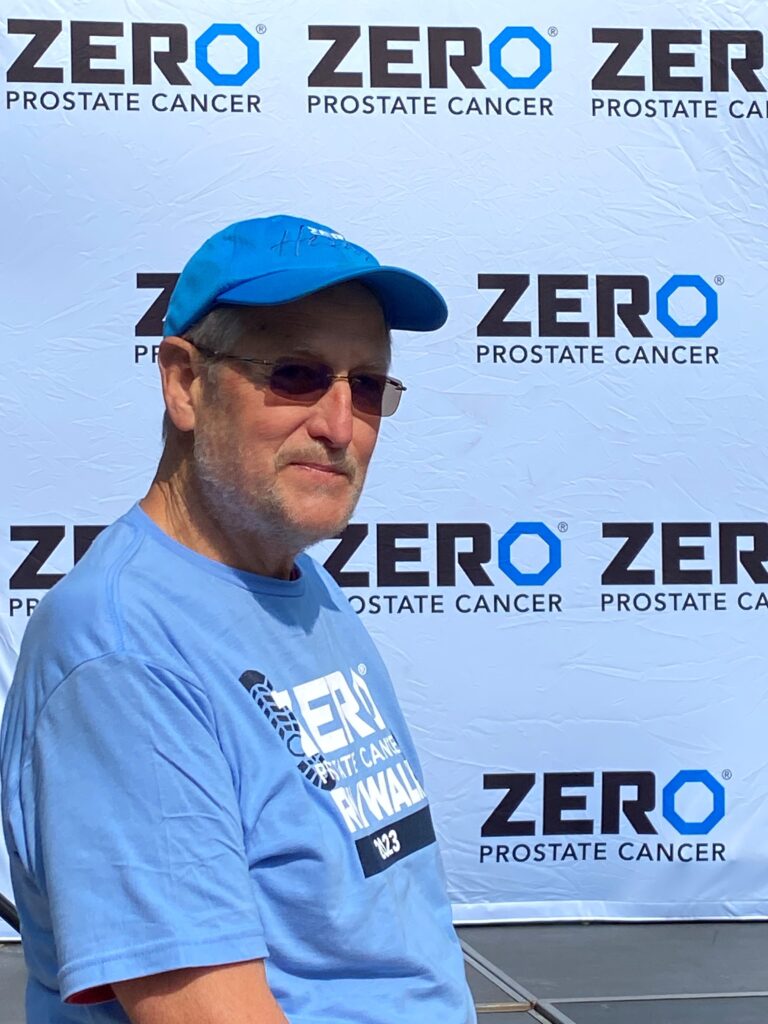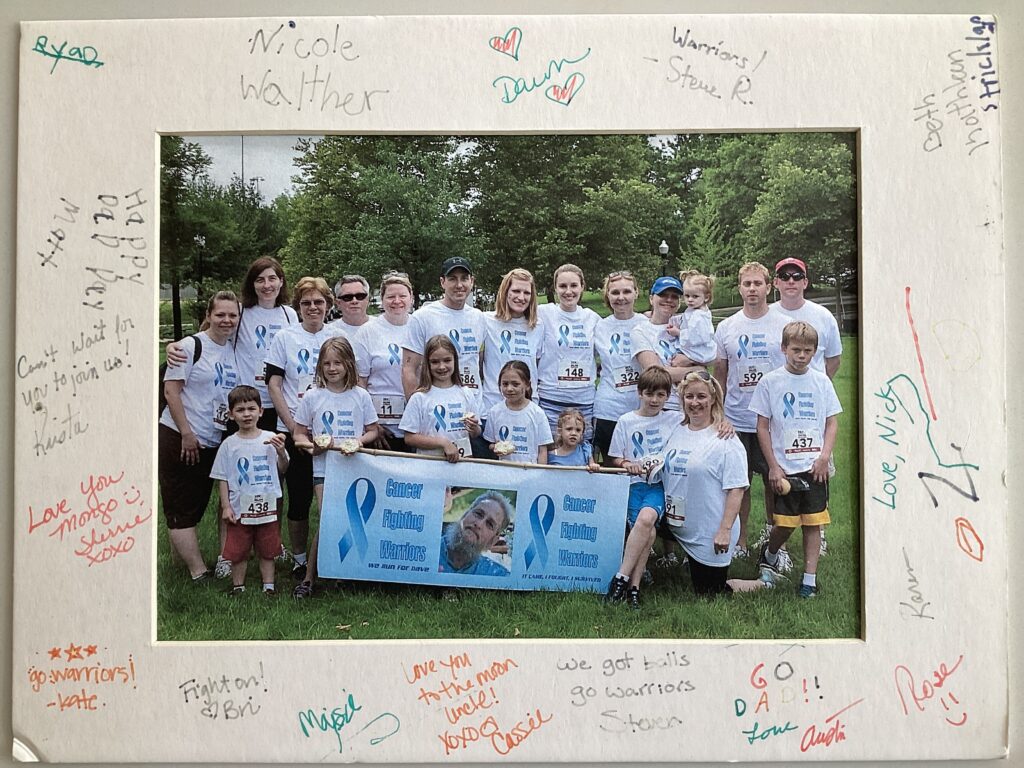Get educated. Ask questions and be a part of your care.
Finding the Right Kind of Care
I was diagnosed with prostate cancer in April of 2004, and I immediately started looking for all the possible ways to avoid morbidities. At my urologist’s recommendation, I began a type of radiation therapy called high intensity focused ultrasound. I went through two rounds of that, and while it dropped my PSA levels substantially, they didn’t stay down. After that, I decided to look for an oncologist to figure out what to do with a cancer that just wasn’t quitting. By the end of 2006, I came to Virginia Cancer Specialists.
My current treatment involves a combination of a pill I take every day and a quarterly shot and infusion. When I first went on it, I got great results. When I went off the regimen, I did well—for a while. Then those PSA numbers started to climb again. I remember my oncologist, Dr. Ninan, said I had to think of this as a forever proposition. And that was the best advice he could have given me. I’m going to continue to do this treatment, because that’s how I maintain my health and avoid all those morbidities I wanted to avoid.
For about a year now, I’ve seen little to no changes to my health, and that’s a good thing. My PSA levels dropped last summer. I had a few metastases on my bones, and was referred to Dr. Sibley, my radiation oncologist, and we were able to eliminate the cancer cells in those. I’m in good hands here.
Leaning on My Support System
What’s kept me going through the diagnosis, the research, and the different treatment plans is my family. I have five children and five grandchildren. Two of my children are still in school. I am so grateful to God and the cosmos for all the blessings in my life, and I want to hang around as long as I can to enjoy them. And they’ve been a great support system through all of this.
My family got involved in the Zero Prostate Cancer Walk in 2013. I was having surgery at the time, and my wife saw a flyer in the waiting room. She’d been looking for something she could do, a way she could get involved, and she realized we had a lot of friends in our neighborhood and a lot of people in our family who would want to be involved in something like this. My sons and grandkids came up from North Carolina to participate. Colleagues I’ve worked with got together. Everyone was making t-shirts in the kitchen the night before the race. And we’ve been involved in the race ever since—for about 10 years now.
Being an Active Part of My Own Journey
I’m a man of faith, and for me, that’s been something I’ve been able to hold on to through all of this. If faith has ever been a part of your life, that’s something you might want to explore. Fanning that spark has been good for me.
I also think one of the most important things you can do when you’re starting cancer treatment is to get as educated as you can. Ask questions. If you have a doctor that says ‘just do what I say, I’m the doctor’—well, get another doctor. I’ve been very happy with the doctors at Virginia Cancer Specialists. They take the time to listen and educate and make adjustments to your treatment as needed. Be a part of your care, and lastly, be as physically active as you can to stay fit. That’s the best advice I can give.

